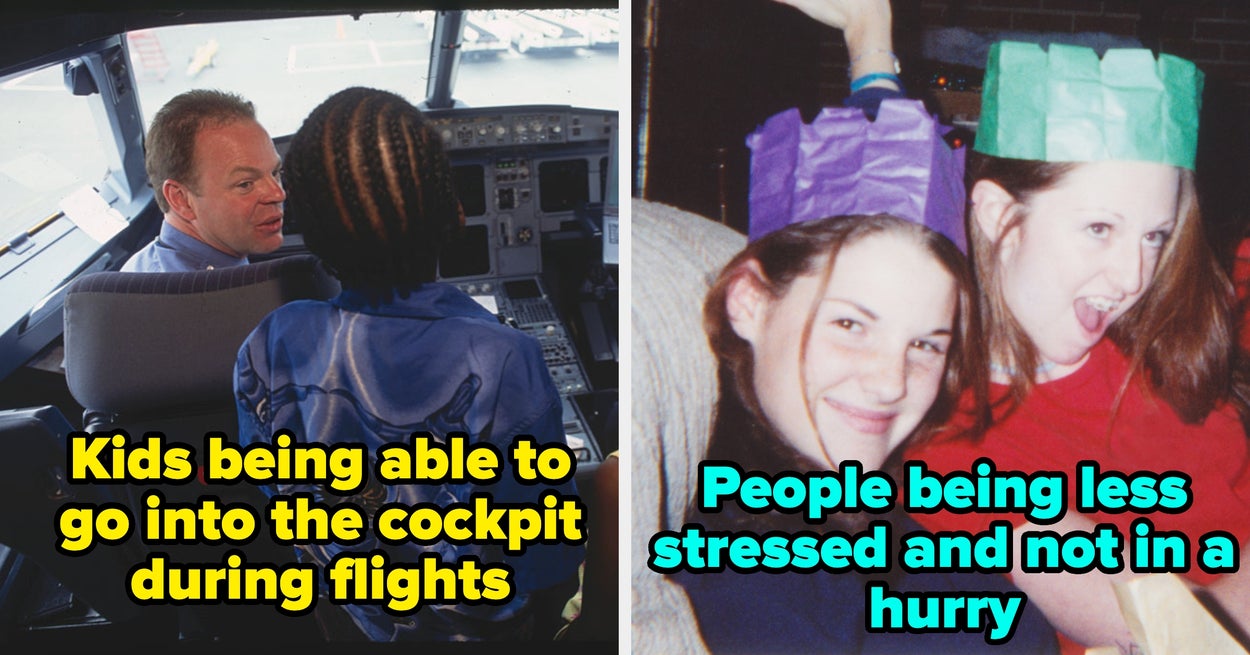
"One major difference that is tough to even remember, let alone to describe to someone who didn't live through it, was how parochial information was back then. Take any obscure factoid, for example: What happened downtown this afternoon? Where was a certain rock star born? Who was the goaltender on the 1980 Swedish Olympic team? Today, you can call it up in a matter of seconds; back then, you had to either have the knowledge, have someone who did, or have access to people or resources that did. Otherwise, you shrugged and went on with your day. There was no falling down Wikipedia rabbit holes."
"So newspapers, books, libraries, and trade periodicals were so much more essential to information sharing, the propagation of culture, and the general and particular acquisition of knowledge. If there was an obscure movie you heard about from the 1950s or 1980s and never got to see, good luck, hope your video rental stores have it, otherwise you will need to check TV Guide and the local TV schedules in the newspaper to see if it was playing."
The article discusses how access to information has dramatically changed over time. In the past, acquiring even simple facts required direct knowledge or reliance on physical resources such as newspapers, books, and libraries. It highlights the contrast with todayâs instant access through the internet, illustrating how this shift has transformed not just information retrieval but also cultural engagement. The author notes the limitations of physical media and the dependence on various sources to obtain knowledge or entertainment, emphasizing the loss of that struggle in the digital age.
Read at BuzzFeed
Unable to calculate read time
Collection
[
|
...
]